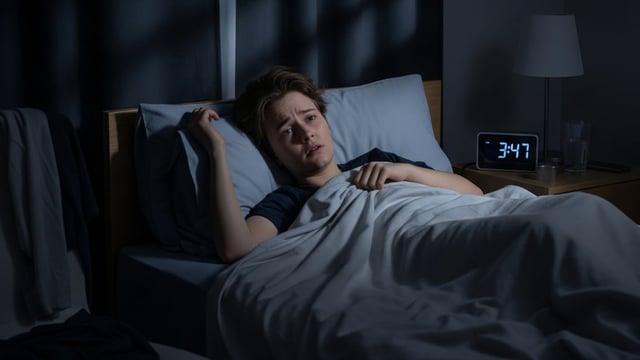Overview
- Data from the Sociedad Española de Neurología show that 48% of Spanish adults do not enjoy restorative sleep, heightening their risk of cardiovascular, metabolic and neurodegenerative diseases.
- Dra. Sara Marín identifies signs of nocturnal stress—very curled fetal positions, clenched fists or jaw, face-down sleep with a tense neck and frequent posture changes.
- Marín advises including magnesium-rich foods or bisglycinate supplements at dinner, using adaptogens to regulate cortisol and keeping the bedroom temperature between 18°C and 20°C.
- Dr. José Abellán recommends early morning sunlight exposure, daytime physical activity and consistent sleep schedules to realign the body’s natural sleep-wake cycle.
- Both experts stress keeping bedrooms cool and avoiding blue light and screens at least one hour before bedtime to support uninterrupted, restorative sleep.
